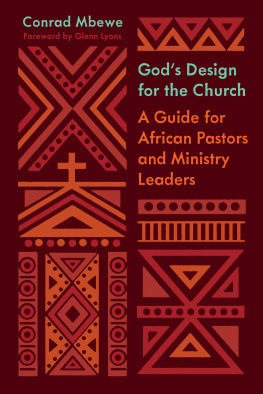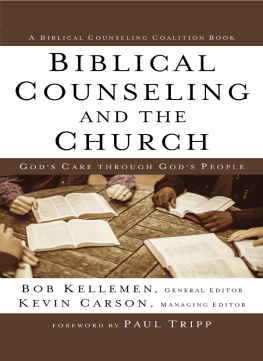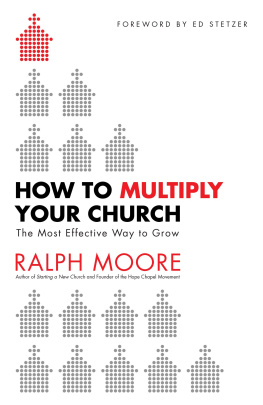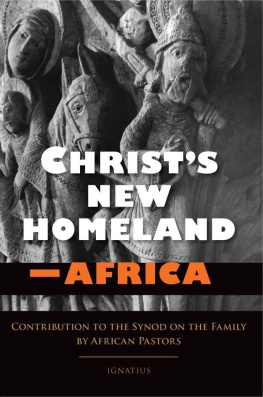Table of Contents
Landmarks
If you drive past an average African village, you will often find that each homestead has an open shelter conspicuously placed somewhere in the middle of the homestead, and then there is another one that is often bigger in the middle of the village. To the uninitiated, this open shelter is simply a place where people can sit and shelter from the heat of the sunshine or from getting drenched by the rains. To those who have grown up in the village, this simple structure is the place where the culture of the family or the tribe is passed on from generation to generation. This is often through the heads of homes, and even more importantly it is through the village storyteller. In West Africa, these storytellers are called griots. They tell stories interspaced with simple choruses that the hearers often join in to sing. The village storyteller is the depository of the history of the tribe and the village itself. He is gifted with a brilliant memory. He would have received many of these stories from a previous generation and knows that he is responsible to pass these stories on. So, on certain days, the village drums invite the younger generation to the central open shelter and they eagerly gather around this man to hear the next captivating and enchanting story from the past. Each story is craftily woven together and has some important lesson meant to instill cultural and moral values in the generation that will soon be the adults of the village. Important events that shaped the history of the tribe are recounted and thus passed on to the next generation. Leaders for the village and the tribe are nurtured as the storyteller teaches, influences, and inspires these young minds and hearts.
The task of passing on the knowledge and values of an older generation to a younger generation for the purpose of laying a strong foundation for generations to come is not only fundamental to our communities generally but is even more fundamental for the future of the church. This happens every week when the church gathers and listens to the preaching of Gods word. In a special way, this is what happens when young men who sense the call to the preaching and pastoral ministry are gathered for instructions to prepare them for that work.
Precedents of Pastoral Training
There is nothing new about the training of preachers in Christianity. In the Old Testament, you had the schools of the prophets. These schools were instituted for the purpose of training young men for the prophetic office in Israel. Those who were being trained were often referred to as the sons of the prophets (2 Kings 2:315 ).
In the New Testament, we have the excellent example of our Lord Jesus Christ, who invested about three years of his life preparing twelve men for the work of ministry that they would carry out after he was gone. These were men carefully chosen by Jesus very early in his ministry. He taught them the truth of God and about God in contrast to the current notions in the days in which they lived. He counseled them with God-centered wisdom when they showed worldliness in the area of jostling for position and when they were overexcited about demons obeying their commands. He opened his life up to them so that they could see what true godliness looks like. He labored with them and sent them out in pairs to preach the gospel in nearby towns and villages. He was preparing them to take his message of salvation to the very ends of the earth. Just before he left earth for heaven, Jesus prayed to the Father, saying,
I glorified you on earth, having accomplished the work that you gave me to do....
I have manifested your name to the people whom you gave me out of the world.... For I have given them the words that you gave me, and they have received them and have come to know in truth that I came from you; and they have believed that you sent me. (John 17:4, 6, 8)
Earlier, he had said to them, No longer do I call you servants, for the servant does not know what his master is doing; but I have called you friends, for all that I have heard from my Father I have made known to you (John 15:15). In other words, these men had matured significantly under his instructions. They were now ready to take up the task of leadershipand they would be even more ready once the Holy Spirit had come upon them on the day of Pentecost. This is what we do even today when we are involved in training pastors. We give them the full body of Christian truth and help them to mature spiritually at the same time.
In the New Testament, we also have the example of the apostles who took younger men under their wings not only to help them in ministry but also to mentor them and pass the baton of ministry to them. It is in this context that Paul wrote those famous words to Timothy: What you have heard from me in the presence of many witnesses entrust to faithful men, who will be able to teach others also (2 Tim. 2:2). In due season, Paul sent Timothy to pastor the church in Ephesus and left Titus in Crete to pastor the church there. These men had been trained and were now capable to handle these church situations.
This is one area in which our African churches are very weak. We all know the importance of having a well-trained pastor in charge of the regular ministry in the pulpit and also in spearheading the work of pastoral counseling in the church. We want a pastor who is knowledgeable in doctrine, who is skilled in handling the word of God and in managing the church, and who is disciplined and mature in character. When our pastor moves on to another church or retires, we are quick to start searching for a replacement. We know that the church needs a pastor. However, very few churches actually participate in the work of training the next generation of pastors. Our general attitude is that this is the work of Bible colleges. As to how the Bible colleges are being financially supported, we do not know, and we do not want to know. It is this attitude that needs to change if we are going to have good and strong churches in the years ahead. Our churches must invest in the training of pastors.
Identifying Potential Pastors
The first role that a church should play in the training of pastors is that of identifying individuals who manifest Gods calling upon their lives for pastoral ministry. What often happens is that individuals who fail to do anything else in life will be the first to apply to Bible college because they see it as a place where they can easily get a job. Because many Bible colleges are trying to increase their enrollments, they tend to accept almost anyone who applies. They end up bringing individuals into the college who are not really serious about being pastors.
The local church is best placed to do the screening. This is because the leaders and members of the church know from experience how credible a persons testimony of salvation is. They also know whether the person has matured in the things of God and is serious about serving the Lord. They know whether he is a humble team player or is most likely simply wanting to fulfill his own personal dreams of greatness. They will know how teachable he is and how he has been progressing in his knowledge of the Bible. They will know how healthy his personal relationships are with members of the opposite sex.
The local church is also best placed to prepare a person for Bible college training. Unlike most professions, where a person can practice only when they have a licence, skill in pastoral ministry is something one can develop even before receiving formal training. The context of the church enables the person to exercise his gifts, and these gifts become evident to the people around them. It is in the local church that the leaders notice this and begin to ask whether the person senses a call to the preaching ministry. This helps him to confirm his own sense of call. His pastor may even suggest some books to read about pastoral ministry, so that by the time he is applying to go to college, he is fully aware of what to expect there. This is an important part of a churchs involvement in the training of pastorsthe screening and the preparation.













